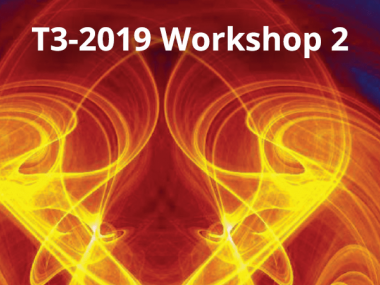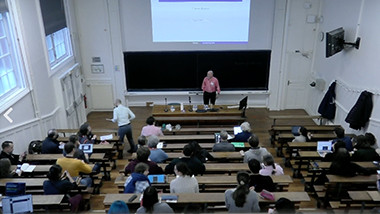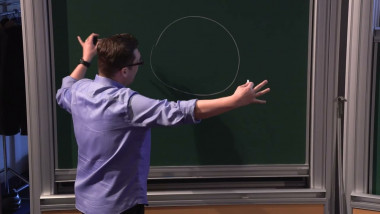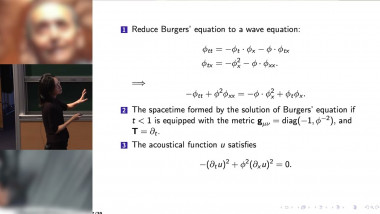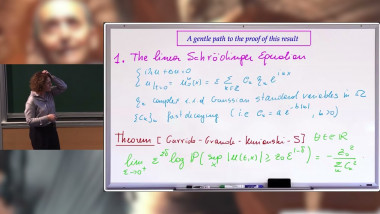Collection 2019 - T3 - WS2 - Big data, data assimilation, and uncertainty quantification
While methods for assimilating data into models or to build data-driven surrogate models of relevant physical, social or economic phenomena are spread to a vast range of contexts, climate science has been always a primary and unique playground for their development. The huge size of the datasets and of the numerical models used in environmental science, together with the pressure to deliver quantitative prediction has motivated and made possible great scientific and technologic achievements in the field of data assimilation: the family of methods that allows combining model and data to estimate the phenomena of interest. In recent times, the constant increase of available data, accompanied by a similarly spectacular growth of the computing power (the big data era), have made possible the successful use of fully data-driven approaches even in areas of the physical science where one generally possesses a credible understanding of the physical processes and/or do not possess enough data. This data-driven revolution has been mostly pushed by the flourishing of machine-learning (ML) techniques (e.g. deep-learning, neural network, among others) that with increasing success have shown to be able to extract the underlying dynamical laws from a multivariate dataset, with impressive predictive skill and capabilities to classify complex behaviours. A proper quantification of the uncertainty is crucial in both data assimilation as well as in data-driven approaches: it is required to meaningfully weight the different ingredients of the assimilation process and it is desirable when operating a decision based on the prediction.
The workshop aims at gathering together climate scientists and applied mathematicians working on big data, data assimilation and uncertainty quantification for the class of problems that usually originate in climate science. The event is happening in a crucial and flourishing moment for all these three areas and for their intersection, and will naturally reflect this via an interdisciplinary and diverse list of speakers at the crossroad between data assimilation, applied mathematics, computer and climate sciences.
Appears in collection : 2019 - T3 - The mathematics of climate and the environment
Organizer(s) Carrassi, Alberto ; Bocquet, Marc ; Crisan, Dan ; Ghattas, Omar ; Ghil, Michael ; Gotwald, Georg ; Vannitsem, Stephane
Date(s) 12/11/2019 - 15/11/2019
linked URL https://climath19ws2.sciencesconf.org











